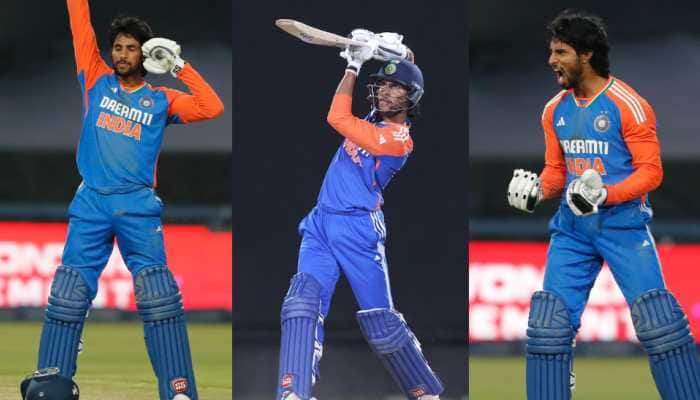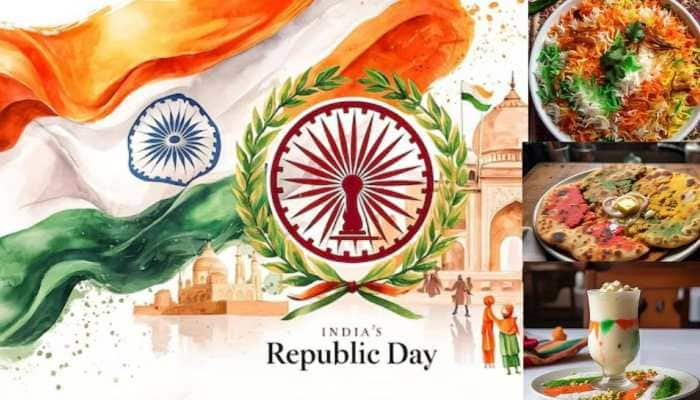9 Years Of PM Modi: NDA Government's Nine Landmark Moves With PM Modi At The Helm
During the nine years of Prime Minister Narendra Modi's government, several significant policy decisions were made, encompassing economic reforms and a determined approach to address social welfare. These decisions catered to various sections of society, with initiatives targeting the poor, middle class, and business community. While some of these decisions encountered opposition scrutiny, they withstood the required tests. These nine decisions, made under the leadership of Prime Minister Narendra Modi, brought about a transformative impact on India's political landscape, shaping the country's future.
Article 370 Abrogation
)
The abrogation of Article 370 was a significant political decision undertaken under Prime Minister Narendra Modi. Article 370 granted a special status to Jammu and Kashmir. On August 5, 2019, the government made a historic announcement revoking Article 370. The abrogation of Article 370 led to the reorganization of the state into two separate Union Territories: Jammu and Kashmir, and Ladakh. The move also paved the way for the application of various central laws, policies, and initiatives in the region that were previously not applicable. (ANI Photo)
Ram Temple Construction
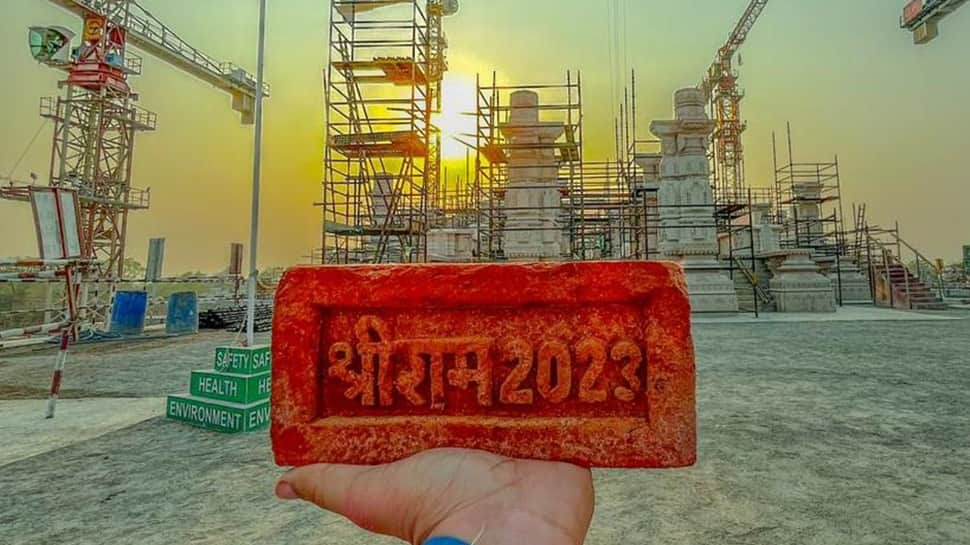
The decision to construct the Ram Temple in Ayodhya is another significant political development. The Ram Temple issue had been a longstanding and contentious matter, rooted in a dispute over the site where the Babri Masjid stood once. On November 9, 2019, the Supreme Court of India delivered a verdict on the Ayodhya land dispute, ruling in favor of the construction of a Ram Temple. The court also directed the government to allocate an alternative piece of land for the construction of a mosque. Following the court's verdict, the government, led by Prime Minister Narendra Modi, took proactive steps to fulfill the mandate of the court and address the sentiments of millions of people who revered Lord Ram. The construction of the Ram Temple commenced in August 2020, with the Prime Minister attending the groundbreaking ceremony.
New Parliament Building
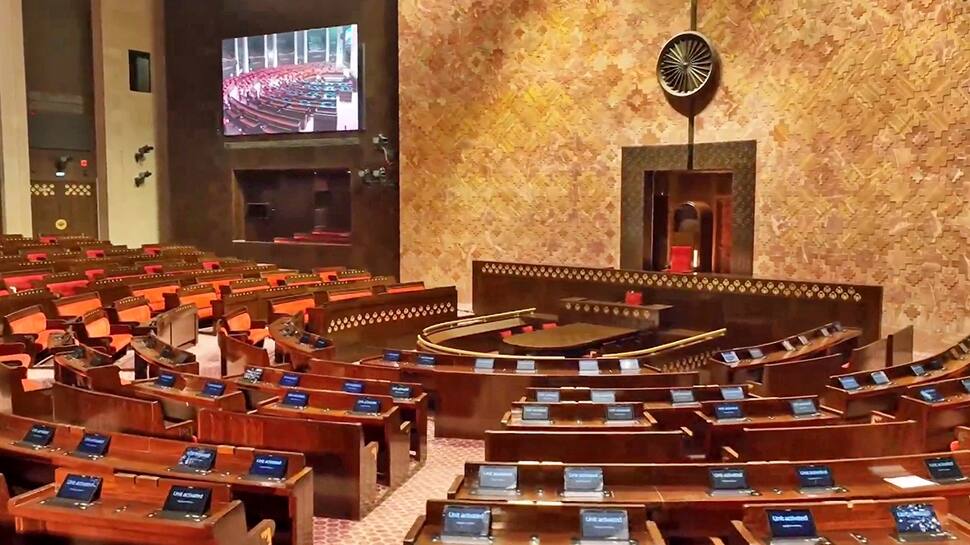
The New Parliament Building of India is a monumental architectural project that aims to modernize and expand the legislative infrastructure of the country. Approved by the government under Prime Minister Narendra Modi, the construction of the new building commenced in 2021. It is situated adjacent to the existing historic Parliament House in New Delhi. The design of the New Parliament Building is a blend of modernity and Indian architectural elements, showcasing a unique and distinctive character. It will house the Lok Sabha (House of the People) and the Rajya Sabha (Council of States), providing advanced facilities and technologies to support efficient parliamentary proceedings. PM Modi will inaugurate the building on May 28. (ANI Photo)
EWS Reservation
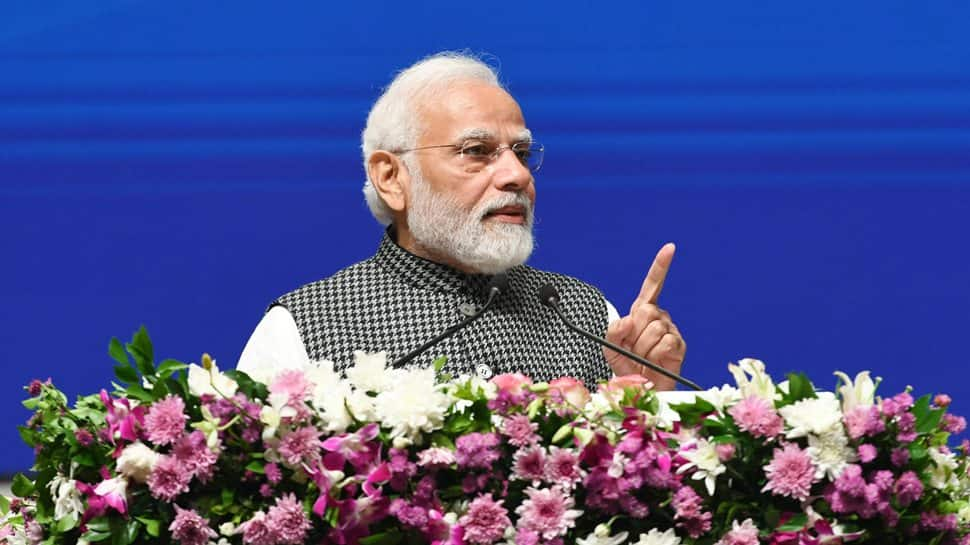
EWS (Economically Weaker Sections) reservation refers to a Modi government policy aimed at providing reservations in education and employment for individuals from economically disadvantaged backgrounds. Introduced in 2019, the EWS reservation provides opportunities to individuals from economically weaker sections of society who were previously not covered by existing reservation policies. Under this initiative, a specific percentage of seats in educational institutions and job openings in the public sector are reserved for EWS candidates. The reservation is implemented alongside existing reservation quotas for Scheduled Castes (SC), Scheduled Tribes (ST), and Other Backward Classes (OBC).
Triple Talaq Law
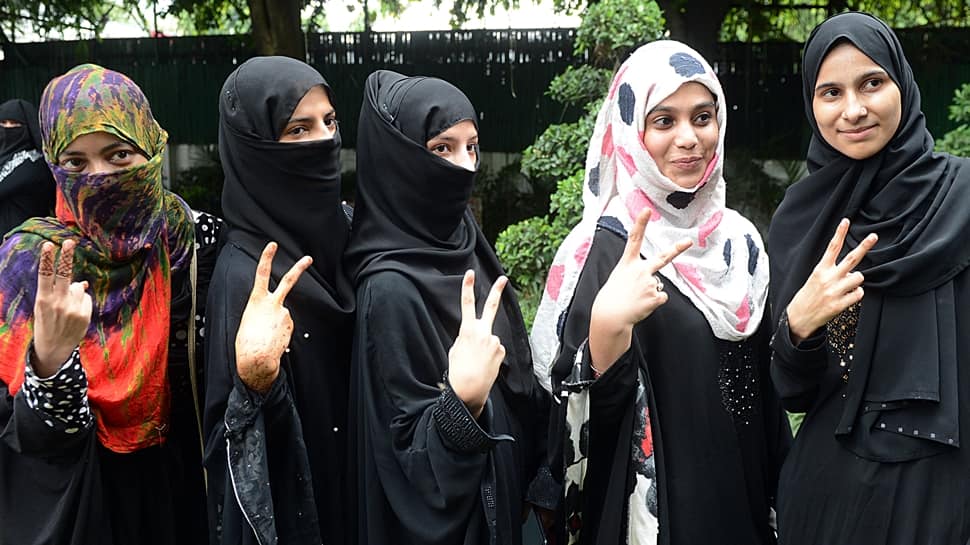
The Triple Talaq law, officially known as the Muslim Women (Protection of Rights on Marriage) Act, 2019, is a legislation enacted by the Modi government to address the issue of instant divorce through the practice of Triple Talaq, prevalent among some sections of the Muslim community. Triple Talaq refers to the practice where a Muslim man can divorce his wife by uttering the word "talaq" (divorce) three times in quick succession, without any legal process or recourse. The law criminalizes the pronouncement of Triple Talaq and makes it a cognizable offense, punishable with imprisonment for up to three years. It also provides for financial support and custody rights for the affected Muslim women. (ANI Photo)
Surgical Strike
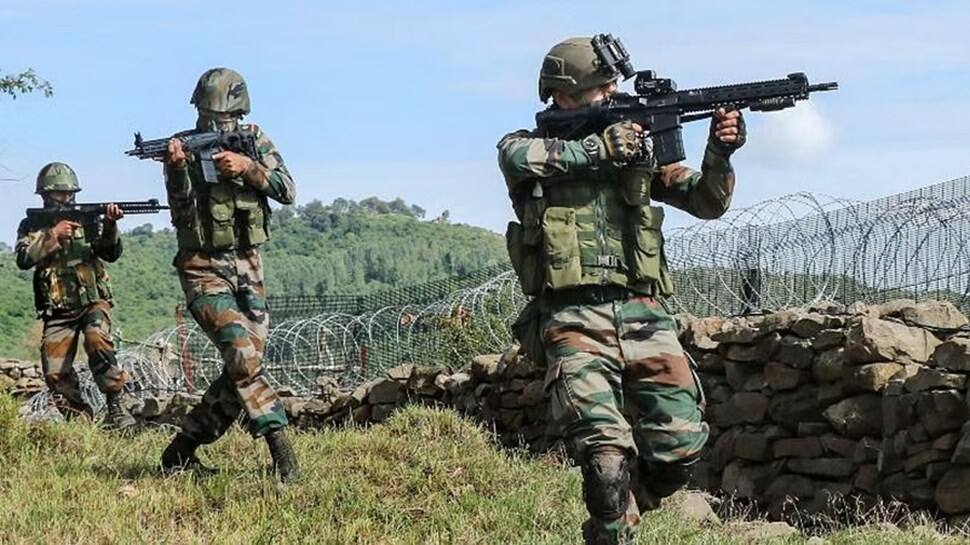
The surgical strike refers to a military operation conducted by the Indian armed forces as a response to cross-border terrorism. The term gained prominence following a significant surgical strike carried out in September 2016 in the aftermath of a deadly terrorist attack on an Indian Army base in Uri, Jammu and Kashmir. The surgical strike involved a well-planned and targeted operation where Indian Special Forces conducted precise and limited strikes on terrorist launch pads across the Line of Control (LoC). The surgical strike was conducted with the aim of sending a strong message to Pakistan about India's zero-tolerance policy towards cross-border terrorism. (Photo PTI)
Balakot Air Strike
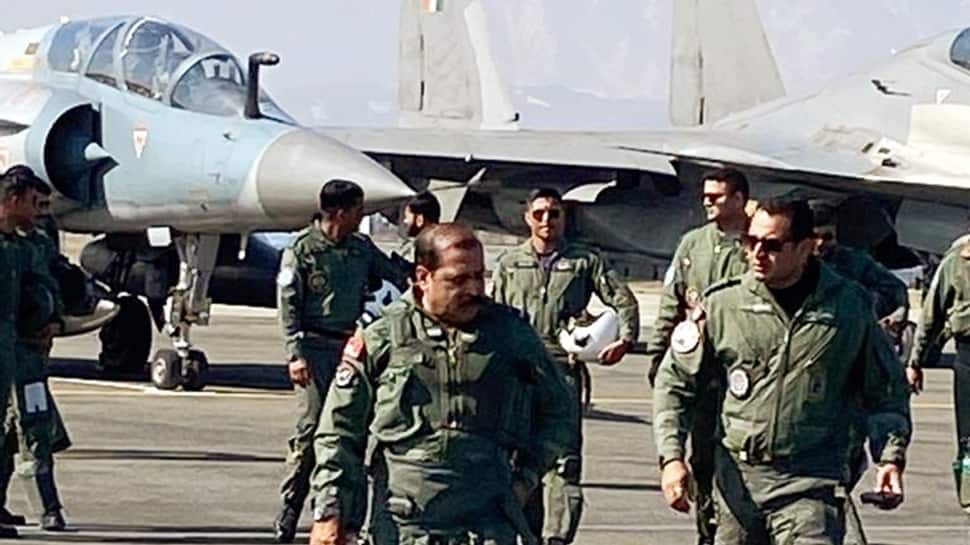
The Balakot air strike refers to a military operation carried out by the Indian Air Force on February 26, 2019, targeting a terrorist training camp in Balakot, Pakistan. The strike was in response to a deadly terrorist attack on February 14, 2019, in Pulwama, Jammu and Kashmir, where a suicide bomber belonging to the Pakistan-based terrorist organization Jaish-e-Mohammed (JeM) attacked a convoy of Indian security forces, resulting in the loss of numerous lives. In the Balakot air strike, Indian fighter jets crossed the Line of Control (LoC) and dropped precision-guided bombs on the JeM training camp. (ANI Photo)
Citizenship Amendment Act
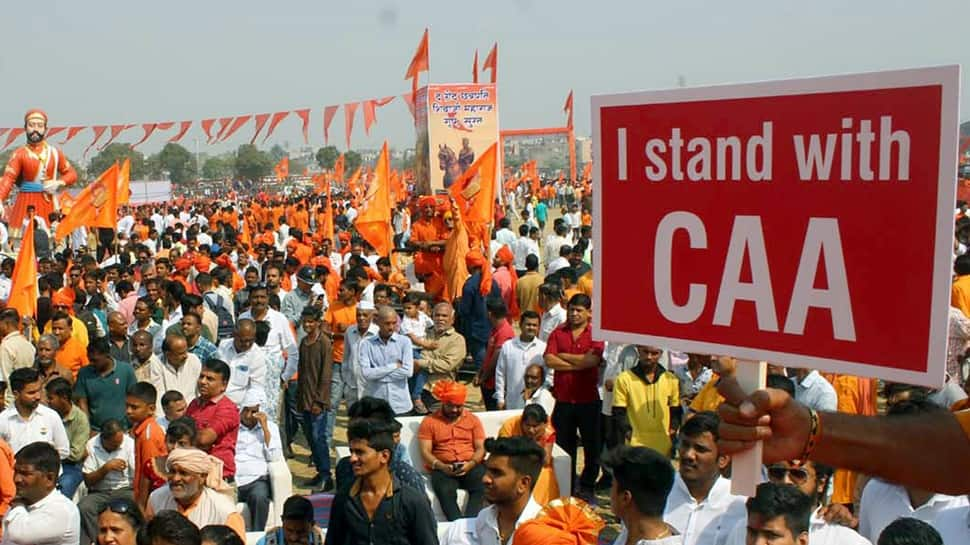
The Citizenship Amendment Act (CAA) is a piece of legislation enacted in India in December 2019. The CAA amends the Citizenship Act of 1955 and provides a pathway to Indian citizenship for certain religious minority communities from Afghanistan, Bangladesh, and Pakistan. The CAA grants eligibility for Indian citizenship to Hindu, Sikh, Buddhist, Jain, Parsi, and Christian migrants who entered India before December 31, 2014, due to religious persecution in these three countries. (ANI Photo)
Swachh Bharat Mission

The Swachh Bharat Mission, launched on October 2, 2014, is a nationwide cleanliness and sanitation campaign in India. It aims to achieve the vision of a clean and open-defecation-free India by promoting the construction of toilets, solid waste management, and behavioral changes towards cleanliness. Under the mission, so far Over 11.16 crore toilets have been constructed across India. (ANI Photo)
Trending Photos





